Over the past 25 years, we have tirelessly worked on protecting and preserving the horseshoe crab population in South Carolina’s waterways. Globally, over 55% of all injectable pharmaceuticals or implantable devices that come in contact with blood are tested by the LAL produced in Charleston, South Carolina.
Working with the South Carolina Department of Natural Resources, we have supported legislation to manage and regulate horseshoe crab fisheries and prohibit the use of horseshoe crabs as bait for the eel and whelk industries. Since these regulations have been in place, the horseshoe crab population in South Carolina has flourished. In fact, the 2019 Atlantic States Marine Fisheries Commission Horseshoe Crab Benchmark Stock Assessment and Peer Review Report noted the population in the southeast is stable and in good standing. Our conservation efforts, legislative support, and educational campaigns have not only helped the population of horseshoe crabs in South Carolina and along the east coast, but they’ve also contributed to a healthy ecosystem for other wildlife.
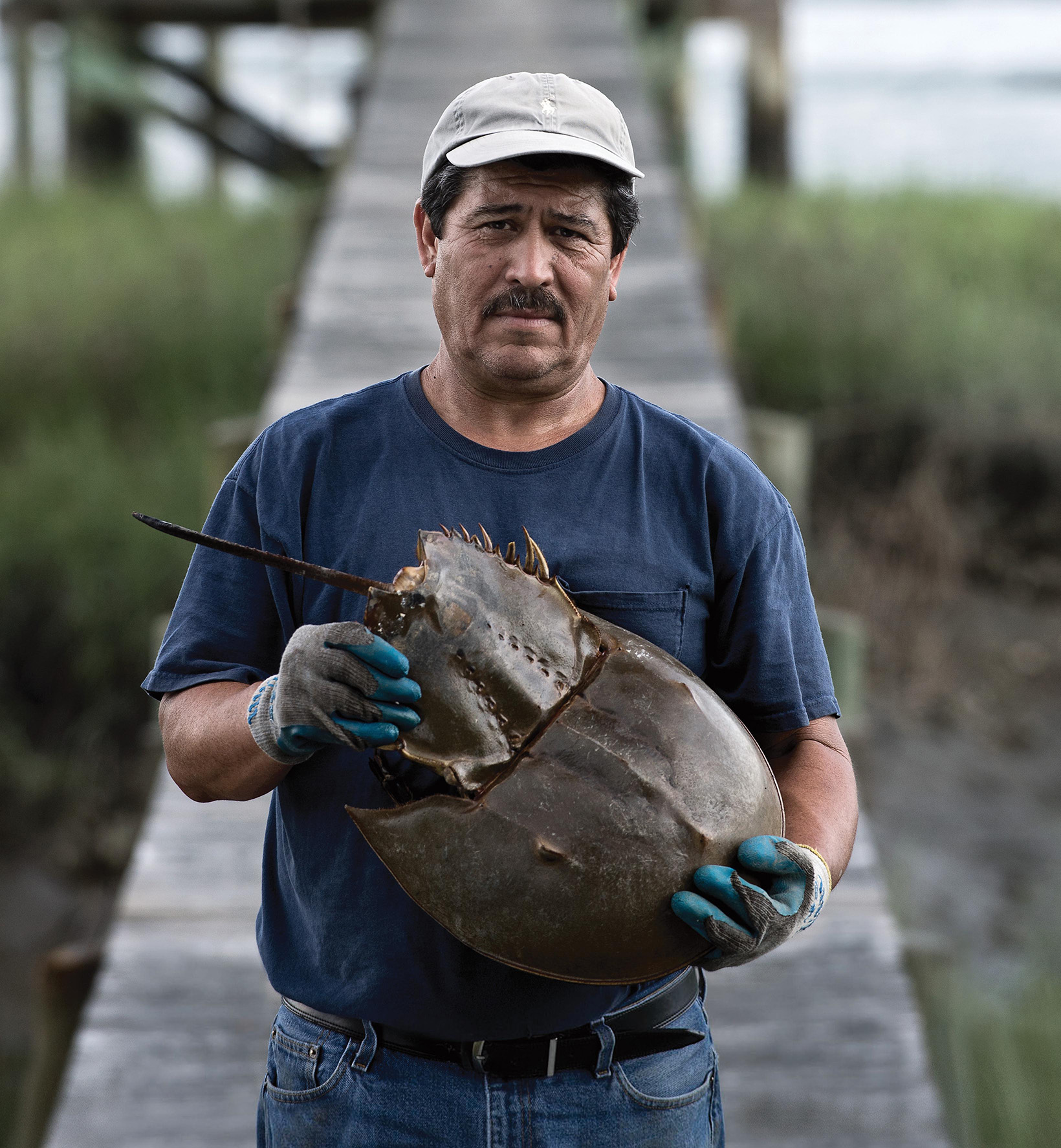
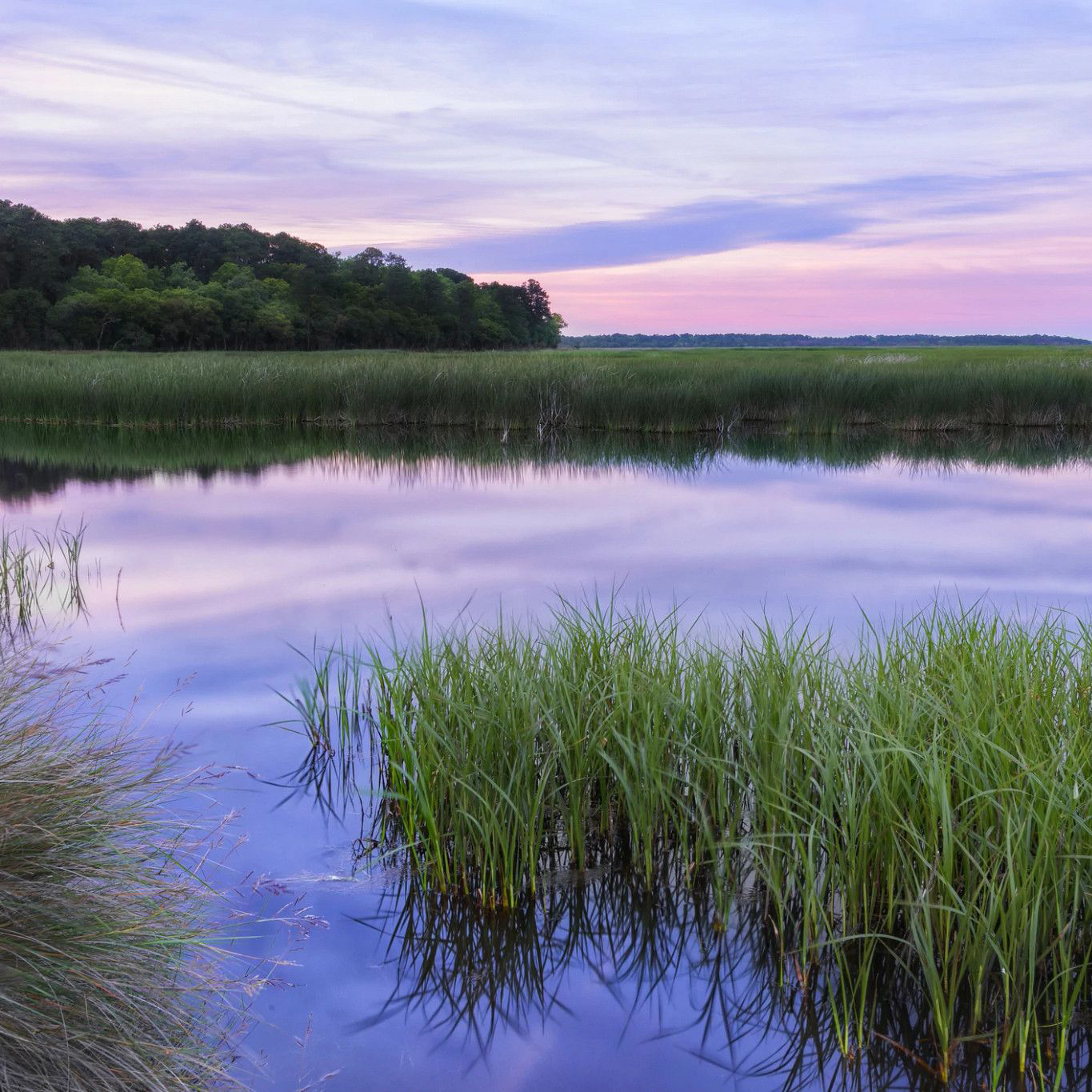
Limulus amebocyte lysate (LAL) is an extract from the blood of the Atlantic horseshoe crab. It is the most sensitive and reliable material in the world to detect bacterial endotoxin contamination in biopharmaceutical products. LAL is critical to the health care industry. The endotoxin test is a required step to safely manufacture and distribute every implantable medical device and injectable drug. LAL is currently the only FDA-licensed method for bacterial endotoxin contamination testing. From COVID-19 vaccines to IV drugs to implantable medical devices across the globe, if endotoxins are not properly detected, they can cause a serious reaction in humans.
In late 2018, we announced an expansion of our operations in Charleston County with plans to invest $10.9 million for a new administrative building in West Ashley, creating 180 new jobs in the process. We are proud to support and partner with local organizations like the Lowcountry Food Bank, One80 Place, International African American Museum, South Carolina Aquarium, The Ronald McDonald House, and Rise Against Hunger.
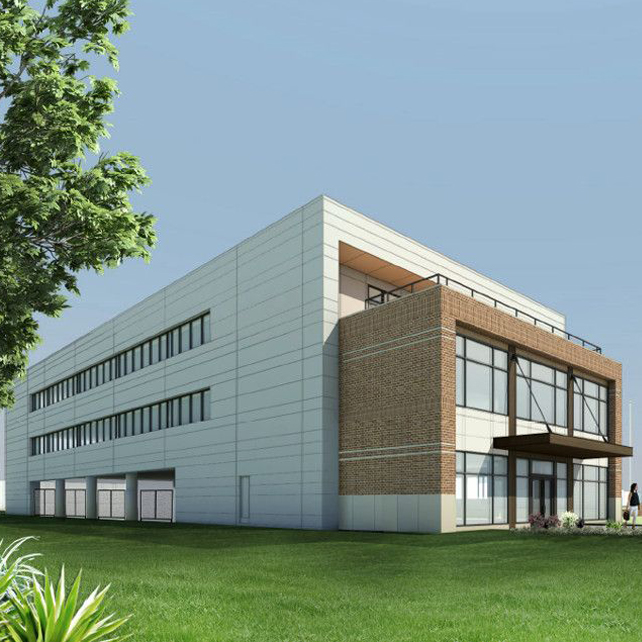
Our partnership with several aquaria and academic institutions aims to educate the public about conservation efforts and point out the essential role that the Horseshoe Crab and LAL plays to help keep patients safe along with supporting programs geared towards protecting and growing the horseshoe crab population. We are a proud sponsor of the Horseshoe Crab Exhibit and Conservation program at the South Carolina Aquarium in Charleston. Along the eastern seaboard, we sponsor other institutions, including the Mystic Aquarium (Connecticut), Rutgers University, Marine Biological Laboratory in Woods Hole (Massachusetts), and Museum of the Earth, connected with Cornell University.
We have worked with the South Carolina Department of Natural Resources to enact legislation to manage and regulate horseshoe crab fisheries and prohibit using horseshoe crabs as bait for the eel and whelk industries.
We continue to partner with multiple organizations to fight for the preservation and protection of South Carolina wildlife.
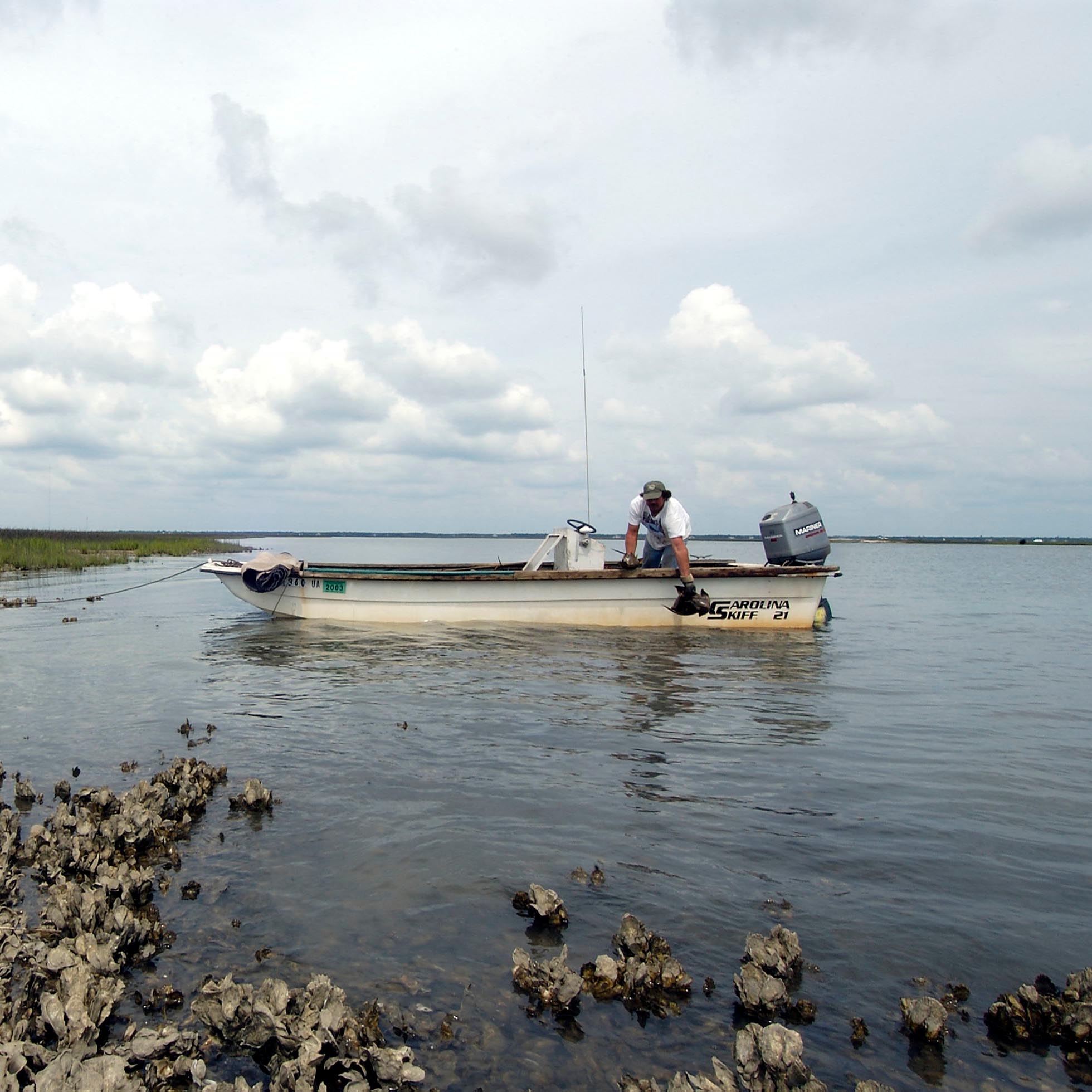
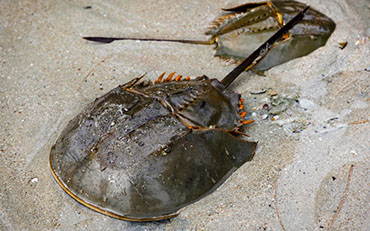
Our conservation efforts, legislative support, and education campaigns have helped horseshoe crab populations in South Carolina thrive.
Read More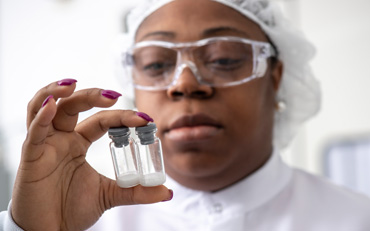
Limulus amebocyte lysate (LAL) is an aqueous extract of blood cells (amebocytes) derived from the Atlantic horseshoe crab.
Read More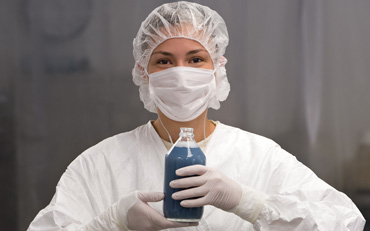
The work of the South Carolinians that we employ ensures that the state maintains its critical position in the global biopharmaceutical supply chain.
Read More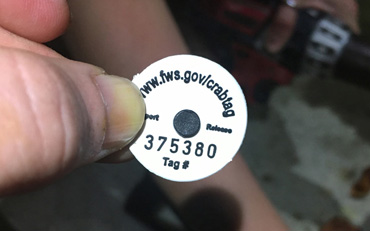
We joined employees at the South Carolina Aquarium to learn more about the horseshoe crab population.
Read More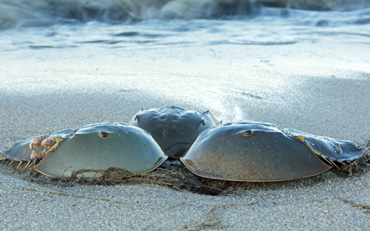
What are the limitations and restrictions, handling requirements, and penalties when collecting horseshoe crabs in South Carolina?
Read More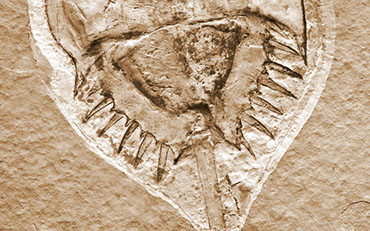
This podcast discusses some of the early work undertaken in South Carolina to conserve horseshoe crabs and how it benefits everyone.
Listen to the Podcast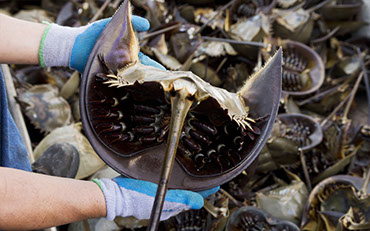
Biomedical manufacturers and conservationists alike have a vested interest in making sure these invertebrates continue to thrive and flourish. So, how is the species faring?
Read More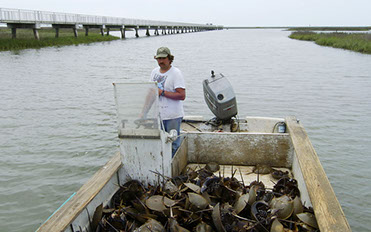
Eureka guest blogger, Jerry Gault, a longtime South Carolina fisherman, talks about his moral duty and legal responsibility to handle horseshoe crabs with care.
Read More
The Atlantic horseshoe crab has found allies in the biotech community. Find out why.
Read More